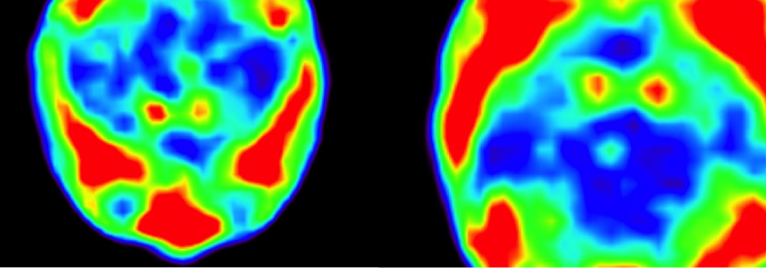B07
This project addresses a fundamental question in the field of multiple sclerosis, namely why remyelination mostly fails in progressive MS. Myeloid cells are the dominating inflammatory cell population in active and mixed active/inactive MS lesions. Our recent animal experiments demonstrated that accumulation of myelin debris in myeloid cells can induce a maladaptive immune response that impedes remyelinationm. Yet the mechanisms underlying the block of myelin repair are unknown. We want to understand how different functional states of myeloid cells are linked to oligodendrocytes and remyelination in MS lesions. These are our main questions::
-
- How does cholesterol clearance in phagocytes affect oligodendrocytes and remyelination in demyelinating animal models?
- Are lipidated particles that are formed after myelin debris clearance reutilized by oligodendrocytes and required for remyelination?
- How do supernatants from phagocytes at different stages of cholesterol clearance affect oligodendroglial differentiation, migration, myelination or cell death? What are the underlying molecular mechanisms?
- Do supernatants from phagocytes at different stages of cholesterol clearance induce cellular senescence in oligodendrocytes?
- Are different stages of cholesterol clearance associated with lesion activity or ongoing or impaired remyelination?
Principal Investigators:
Univ.-Prof. Dr. med. Tanja Kuhlmann
Institut für Neuropathologie
Münster
tanja.kuhlmann@ukmuenster.de
Prof. Dr. med. Mikael Simons
Institut für Neuronale Zellbiologie
TU München
msimons@gwdg.de


















